10 Nutrient Rich Foods High in Beneficial Nitrates
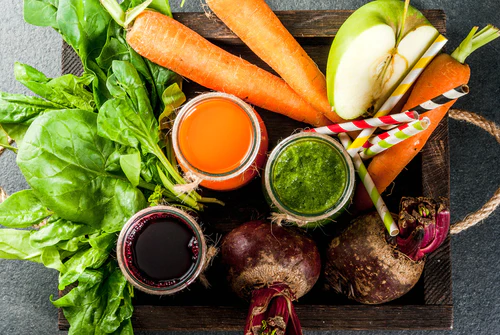
Welcome to our comprehensive exploration of nutrient rich foods high in nitrates, nature’s hidden gems that pack a powerful punch for your health. In today’s health-conscious world, understanding the importance of incorporating nutrient-rich foods into our diets has never been more crucial. These foods, abundant in nitrates, are not just ordinary components of our meals; they are the cornerstone of a wholesome and balanced diet. High in nitrates, these nutrient powerhouses offer a plethora of health benefits, from improving cardiovascular health to enhancing physical performance.
1. Beets: Nature’s Nitrate Powerhouse

Beets are a top choice for nitrate-rich foods. The nitrates found in beets are converted by the body into nitric oxide, which plays a crucial role in regulating blood flow and blood pressure. Beets are not just about nitrates; they’re also loaded with antioxidants, which help fight free radicals, and are a good source of fiber, aiding in digestion. Additionally, they are rich in essential minerals like potassium, which supports heart health, and manganese, which is vital for bone formation and nutrient metabolism. The versatility of beets in culinary uses, from salads to smoothies, makes them an excellent addition to a healthy diet.
2. Spinach: The Leafy Green Superfood

Spinach, the leafy green powerhouse, is an excellent source of nitrates, contributing to cardiovascular health and improved physical performance. This vegetable is also packed with iron, essential for healthy blood cells, and calcium, crucial for bone health. Rich in vitamins A and C, spinach supports the immune system and skin health. Its versatility in the kitchen – from raw in salads to cooked in omelets or pastas – makes it easy to include in daily meals. Additionally, the antioxidants present in spinach, such as lutein, are beneficial for eye health, making it a superfood in the truest sense.
3. Arugula: Peppery and Nitrate-Rich

Arugula, with its distinctive peppery flavor, is more than just a salad ingredient. It’s a significant source of nitrates, which aid in lowering blood pressure and improving athletic performance. This leafy green is also rich in calcium, essential for strong bones and teeth, and potassium, which is vital for muscle function and heart health. Additionally, arugula is a good source of folate, important for DNA synthesis and repair. It’s also packed with antioxidants, which protect against cellular damage. Its unique taste enhances pizzas, pastas, and salads, making it a flavorful and healthy addition to meals.
4. Rhubarb: A Unique Nitrate Source

Rhubarb, often recognized for its role in desserts, is a unique vegetable high in nitrates. These nitrates help improve heart health and enhance exercise performance. Rhubarb is also a good source of fiber, aiding in digestion and weight management. It’s rich in vitamin K, essential for blood clotting and bone health. With its tart flavor, rhubarb can be used in a variety of dishes, both sweet and savory, adding a unique twist to recipes. Its antioxidant properties, particularly polyphenols, contribute to reducing inflammation and promoting overall health.
5. Lettuce: More than Just a Salad Base
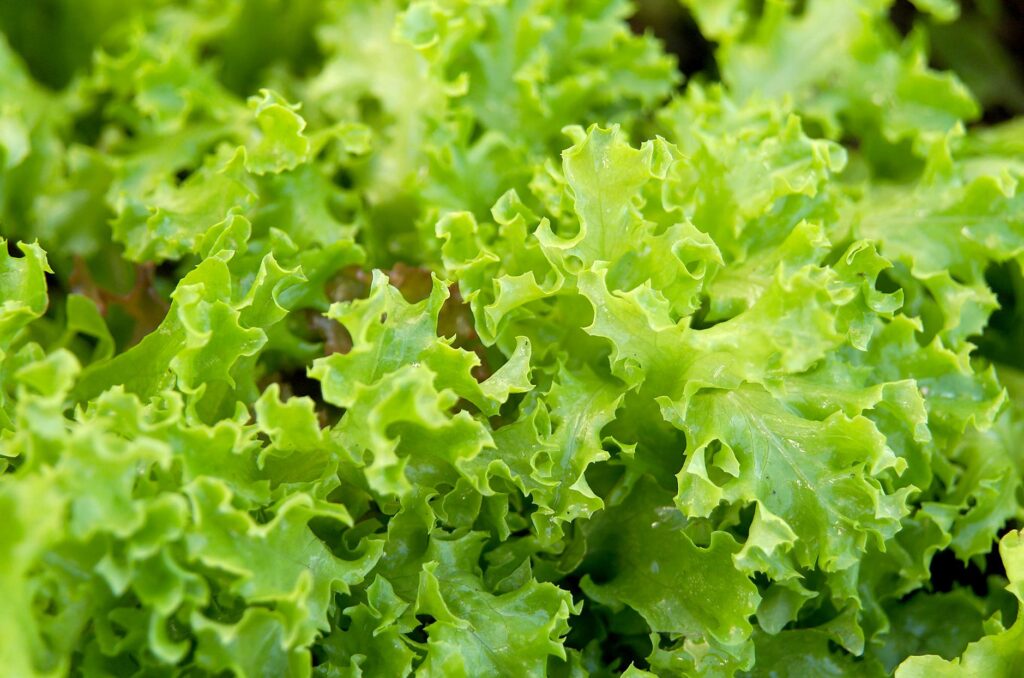
Lettuce varieties, particularly romaine and butterhead, are more than just the base of salads; they are good sources of nitrates, beneficial for cardiovascular health. Lettuce also provides dietary fiber, which promotes digestive health, and is rich in vitamins A and K, crucial for immune function and bone health, respectively. The presence of folate in lettuce supports DNA synthesis and repair. This leafy green is low in calories but high in water content, making it a hydrating choice for weight management and overall hydration.
6. Carrots: Crunchy and Nutrient-Filled
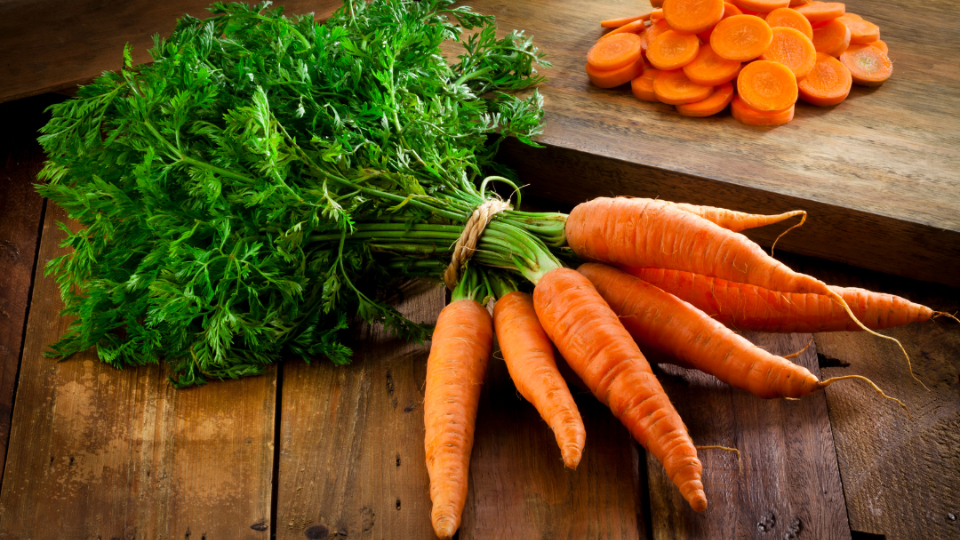
Carrots are not just crunchy and tasty; they’re a great source of nitrates, which contribute to better blood flow and heart health. Carrots are also known for their high beta-carotene content, which is converted into vitamin A, crucial for eye health and immune function. They’re rich in fiber, aiding in digestion, and vitamin K1, important for blood clotting. The presence of potassium in carrots supports heart health, while antioxidants like lutein and zeaxanthin protect against age-related eye disorders. Their natural sweetness and versatility make them a popular ingredient in both savory dishes and sweet treats.
7. Celery: A Low-Calorie Nitrate Treasure

Celery is a low-calorie vegetable, but it’s high in nitrates, making it excellent for cardiovascular health. It’s also a good source of vitamins A, K, and C, which support immune function, bone health, and skin health, respectively. The presence of minerals like potassium helps in regulating blood pressure. Celery is known for its high water content, making it hydrating and filling, ideal for weight management. Its crunchy texture and mild flavor make it versatile in dishes like salads, soups, and as a healthy snack.
8. Radishes: Spicy and Full of Nitrates
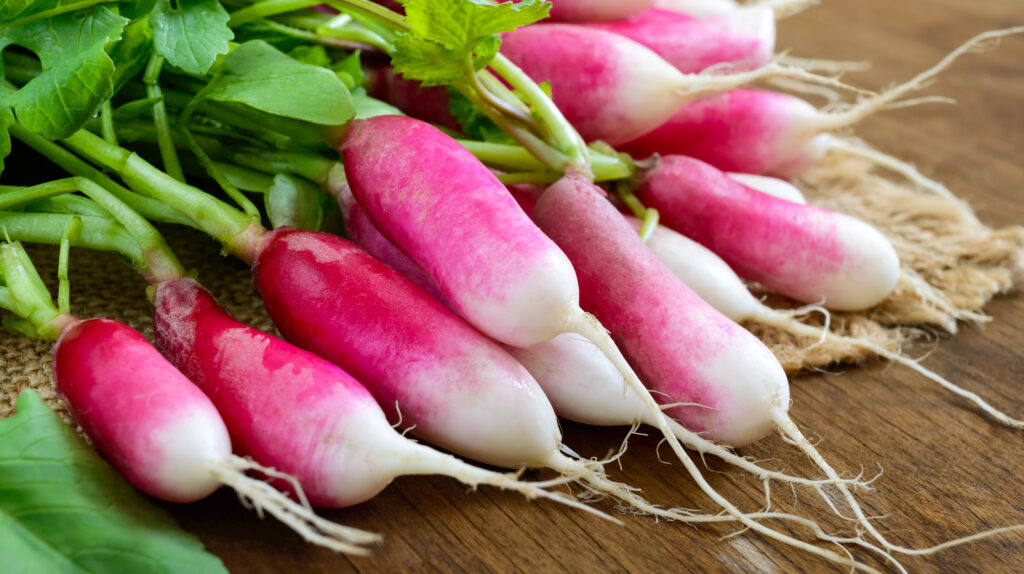
Radishes, with their spicy flavor, are a great source of nitrates, promoting heart health and improved blood circulation. They’re also rich in vitamin C, essential for immune function and skin health, as well as potassium, which helps regulate blood pressure. Additionally, radishes provide dietary fiber, supporting digestive health. The peppery taste of radishes adds a zesty kick to salads, sandwiches, and garnishes. Their crunchy texture and vibrant color make them a visually appealing addition to meals. Radishes also contain antioxidants, which help combat oxidative stress and inflammation, contributing to overall well-being.
9. Turnips: Root Vegetables Packed with Nitrates
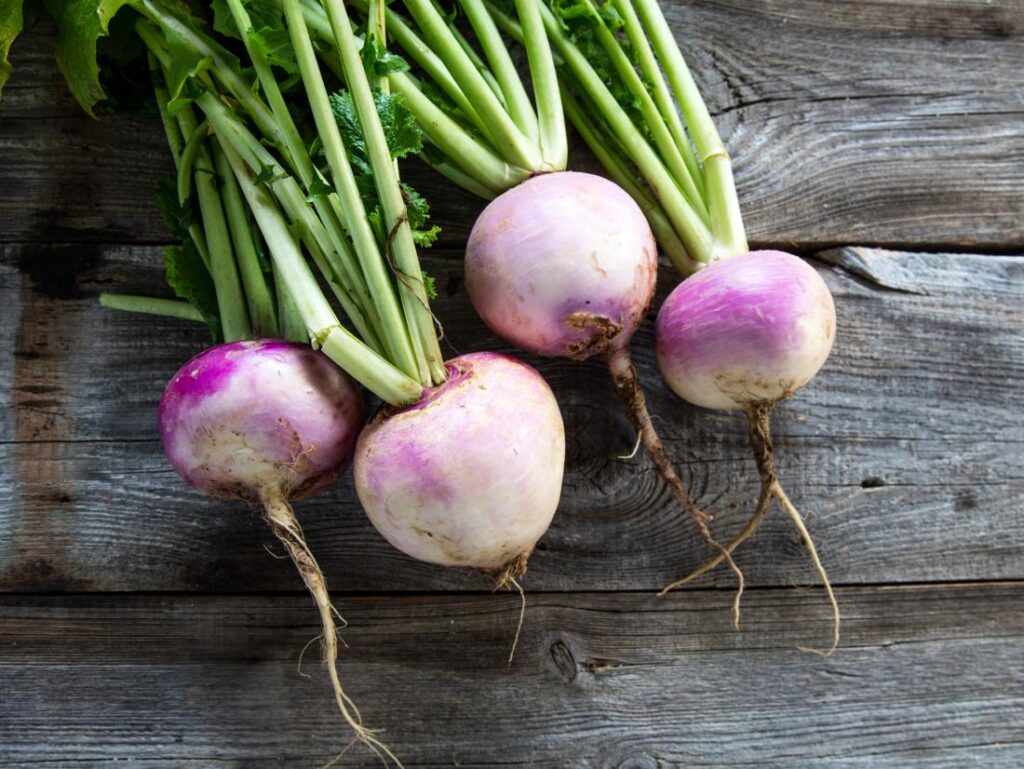
Turnips, often overlooked, are a robust source of nitrates, beneficial for heart health and blood flow. These root vegetables are also rich in vitamin C, which boosts the immune system and skin health. They provide dietary fiber, aiding in digestion and weight management. The presence of manganese in turnips plays a role in bone formation and blood sugar regulation. Turnips can be enjoyed in various ways, from being roasted to being mashed or added to stews, making them a versatile and nutritious addition to the diet.
10. Watermelon: Sweet, Juicy, and Nitrate-Rich
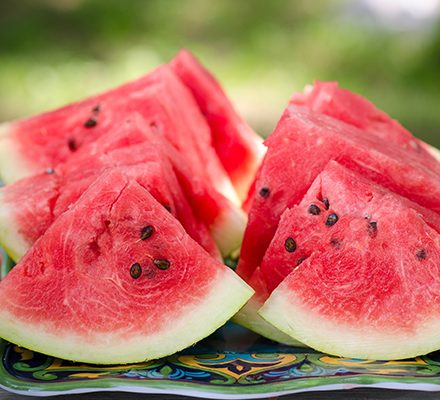
Watermelon isn’t just a summer favorite; it’s also a fantastic source of nitrates, which aid in reducing blood pressure and improving exercise performance. This juicy fruit is hydrating and a great source of vitamins A and C, important for vision and immune health, respectively. Watermelon is also rich in antioxidants, including lycopene, which has been linked to heart health and cancer prevention. Its natural sweetness and high water content make it a refreshing and low-calorie treat. Incorporating watermelon into diets, whether as a snack, in salads, or in beverages, is an enjoyable way to consume essential nutrients.
If you have any queries related to medical health, consult Subhash Goyal or his team members on this given no +91 99150 72372, +91 99150 99575, +918283060000



